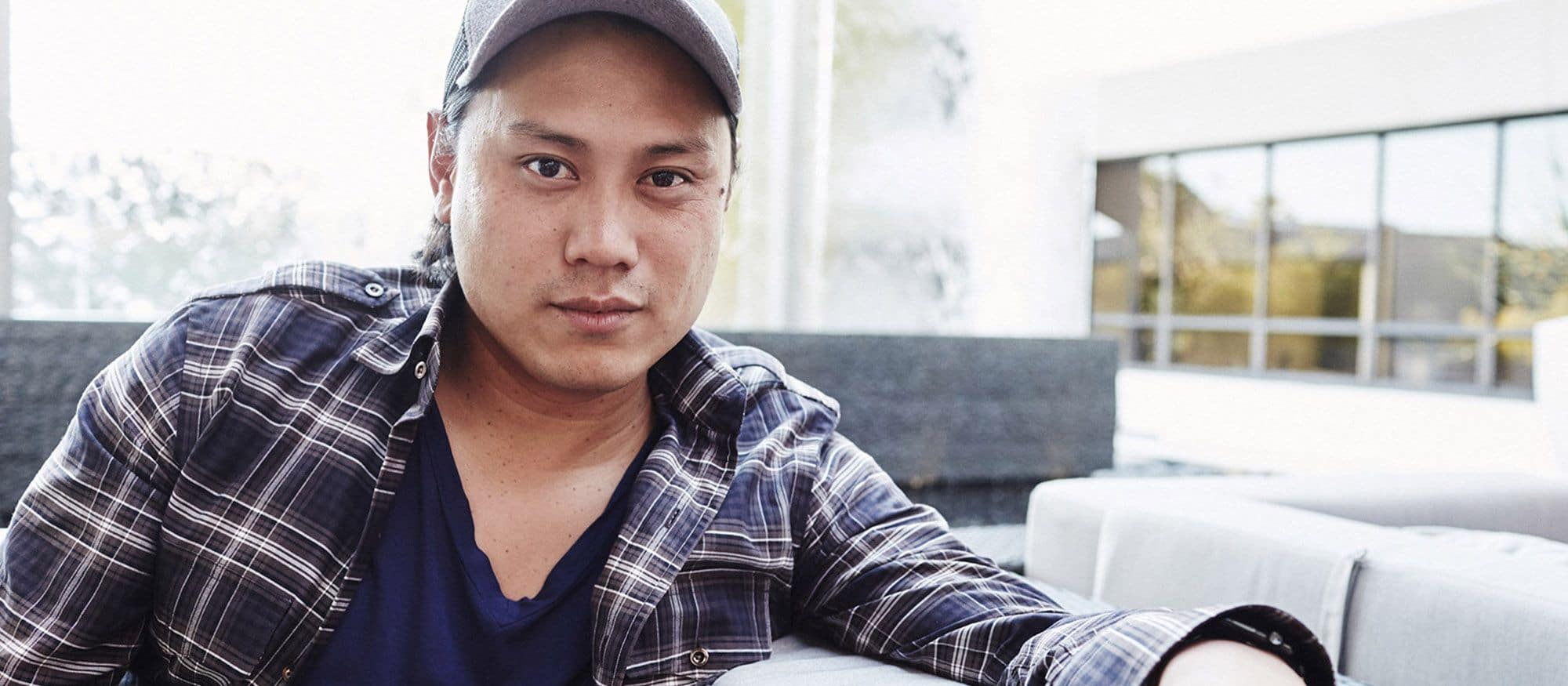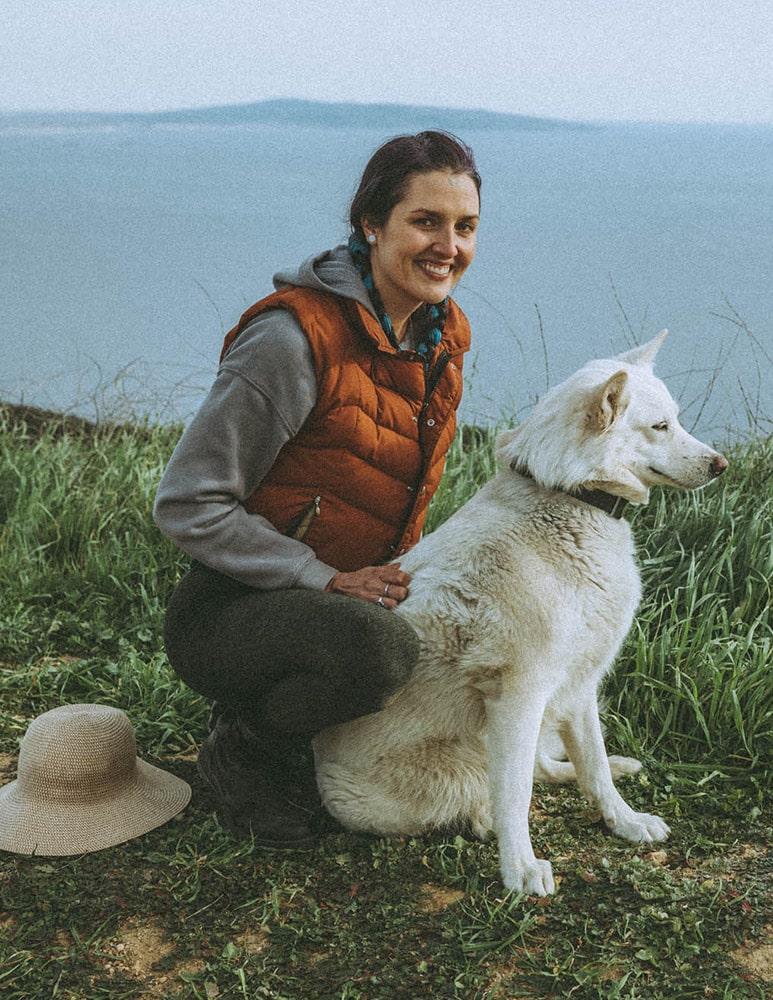
69: Jon Chu – How to Direct Blockbuster Movies
Sometimes you have to jump before you know where you’re going to land.
Imagine being a kid playing with action figures like G.I. Joe. Can you imagine growing up to become a Hollywood film director and directing the G.I. Joe movie?
That’s exactly what happened to Jon Chu, this week’s guest. You may know him as the director of G.I. Joe, Step Up 2, Justin Bieber’s Believe and Never Say Never, and Now You See Me 2.
Today I’m talking to Jon about what it takes to become a studio director in Hollywood, his path of creativity, and the inner workings of the movie world. Listen in to hear him talk about how his sense of play as a child helped fuel his creativity, why he doesn’t think film school is for everyone, and why you should always be creating, even between projects.
Thanks for listening. Let’s dive in.
The idea of love and how we love or hate each other, that journey is so part of our existence.
Some things we learn in this podcast:
- What it was like growing up in the Bay Area in the 1980s [3:20]
- The moment he knew he wanted to work in film [4:10]
- How his sense of play helped build his creativity [6:40]
- The surrealism of directing GI Joe [9:25]
- Why film school isn’t for everybody [10:40]
- How Steven Spielberg helped jump start his career [16:10]
- How the directing process starts early [19:55]
- The importance of growing in your craft [23:30]
- Why he keeps making stuff even when he’s between projects [25:20]
- What it’s like to lose a project [27:20]
- Why it’s great to be around people who are creating [32:20]
- The importance of family [33:55]
- How fear can stop you [37:20]
- His definition of success [41:10]
- The process of making a movie [48:25]
- How to deal with people’s opinions of your work [51:50]
- Why you have to position yourself for things to work out [58:05]
- Why he wants people to know they’re not alone [1:00:10]
- Why he looks up to Walt Disney [1:02:05]
Links mentioned:
- Check out the Princess Grace Foundation
- Music Credit: Jump the River by Léo Lunel







